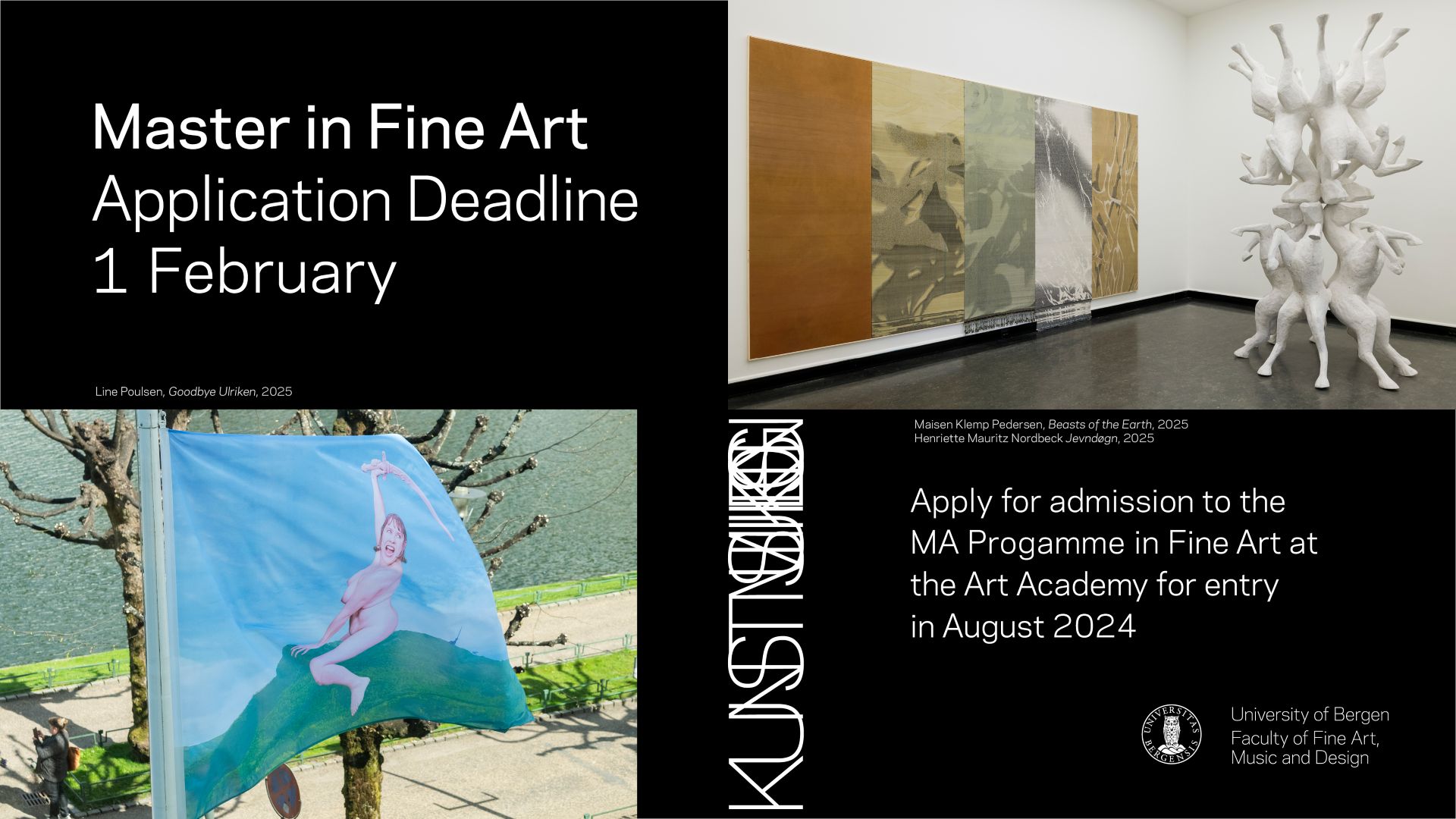
When we can no longer cry, Botkyrka Konsthall, Stockholm
What happens when we have no more tears? We turn to poetry, as in Botkyrka Konsthall’s exhibition about deadly armed violence in Sweden, where words coiled around the walls. They told of sorrow, love, and resistance. But, above all, they were poetry and reminded me why I devote myself to art: I believe in the poetic as a means of touching and changing. Or, as Octavia E. Butler writes, “All that you touch / You Change. / All that you Change / Changes you. / The only lasting truth / is Change.” The exhibition was curated by Mini Davarasl and Alexander Zadruzn in collaboration with Kollektiv Sorg (Collective Grief), a network of young human rights advocates and artists who engage with issues of street violence and shootings.

Radical Love: Care as Resistance, IASPIS, Stockholm
The programme series Radical Love: Care as Resistance, curated by Samuel Girma and Sam Hultin, embraced me in a dreamwork of love. Trans activists, death doulas, HIV activists, and people fighting armed violence in Sweden were in dialogue with bereavement work. Audre Lorde’s poetry surged through the room, and Essex Hemphill’s poetry and activism were presented as matters of life and death. The founder of Black Archives Sweden, Jonelle Twum, said they only accept material that they can give enough care. What is this, if not radical love?

Ayesha Hameed with guests, Radio Brown Atlantis, Bonniers Konsthall, Stockholm
In Radio Brown Atlantis, the works were renegotiations of History with a capital H. This was done through echoes: music, vibrations, radio, and shadows. I was carried away by the drums, voices, and breathing. The sounds were impossible to block out and sent me on a transcendental voyage to other futures with revolutionary historiographies as my travel companions. In my mind, I revisited a voice recording of Toni Morrison at the Black Studies Center in Portland in 1975: “History is the thoughts of great men and the description of eras. Does the girl know that the reason why she died in the sea or smothered in a 60-foot slot pit on a ship named Jesus was her era?”
Afrang Nordlöf Malekian is an artist with an MA from the Royal Institute of Art and the Dutch Art Institute. In his practice, he engages with history’s unnamed actors in works where narratives, hierarchies, systems, and languages disperse, recur, and transform. In spring 2023, he will be featured in a solo exhibition at the Nordic Culture Point in Helsinki, where he will show the performance work Keeping Up with the Iranians (2022).
For this year’s contributions to Kunstkritikk’s Advent Calendar, see here.
